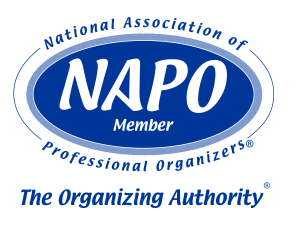 I like to think of myself as a decent golfer. Not a great golfer, but a decent golfer. Because I spend a fair amount of time doing it, I frequently use golfing as a metaphor for a lot of life’s little challenges that get thrown my way.
I like to think of myself as a decent golfer. Not a great golfer, but a decent golfer. Because I spend a fair amount of time doing it, I frequently use golfing as a metaphor for a lot of life’s little challenges that get thrown my way.
For example:
Skills vs expectations : A golf “index” gives a benchmark of your skill set which helps manage expectations when you are out on the course. How honest are we about our skill level and how fairly do we manage our expectations based on those skills?
Practice makes you . . . . better, not perfect: If you watch any professional golf, you will see that even professionals, who practice for hours and hours every day, sometimes hit horrible shots. It is unreasonable to have an expectation that we will do everything perfectly every time.
Honesty is paramount: Golf is referred to as “the gentleman’s game.” One of the biggest tenants of the game is that golfers call penalties on themselves should an infraction occur. This is just as important in life as it is on the golf course. If you do something wrong, admit it, correct it, and move on.
Don’t give up. What I find funny about golf (and frankly very frustrating) is that I can golf really well one day, and horribly the next . . . at the very same course under the very same conditions. Why is that? I didn’t forget how to golf; the course didn’t change; I didn’t change my equipment. Just one day I could do it, the next day I couldn’t. But, for whatever crazy reason, I will try it all over again the very next day. I won’t give up.
Which leads me to my point on handling life’s little challenges:
- Manage your expectations.
- Practice, but be reasonable.
- Be honest.
- Don’t give up.
And remember, every day is a new start.
Cindy Jobs



